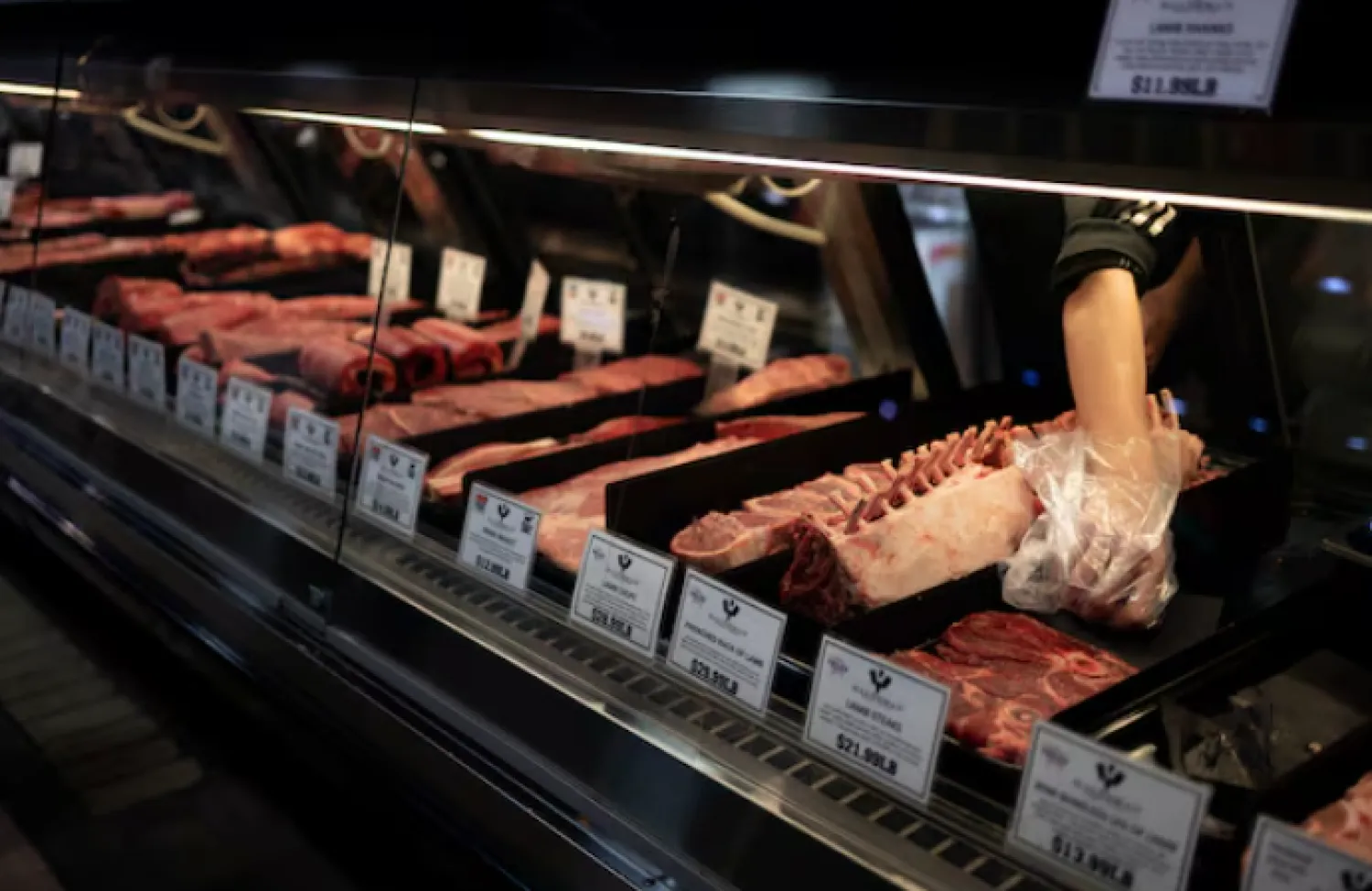The International Monetary Fund said on Friday it continues to believe that the Federal Reserve could start cutting interest rates later this year and should stay cautious, even as a fall in US June consumer prices raises expectations for an earlier rate cut, Reuters reported.
IMF spokesperson Julie Kozack told reporters at a regular news briefing that the disinflation process was underway in the United States. Kozack spoke after the release of a report showing that the US Consumer Price Index fell 0.1% in June, marking its first monthly drop in four years.
"We do support the Fed's data-dependent and cautious approach to monetary policy. We also do expect that the Fed will be in a position to reduce rates later this year, and that assessment continues to hold," Kozack said.
Kozack also noted that US growth has been "remarkably strong" and that heavy federal spending on COVID-19 relief and investments in infrastructure, clean energy and semiconductors would have a lasting positive impact on the US economy.
But Kozack repeated the IMF's recent annual policy advice for the United States to rein in its growing debt pile, a longstanding recommendation.
"Now the fiscal deficit is too high, and it is the time now, especially that the economy is strong, to take action to put debt-to-GDP on a decisive downward path. And that will require a broad set of fiscal measures," Kozack said.
The IMF now estimates that US net interest payments on federal debt are forecast to reach 3.2% of gross domestic product in fiscal 2024, which ends Sept. 30, up from 2.4% in fiscal 2023 due to higher interest rates. This ratio will "remain elevated even in the medium term" because of higher deficits and debt levels, Kozack added.









